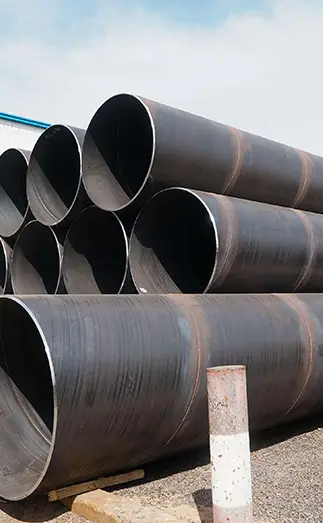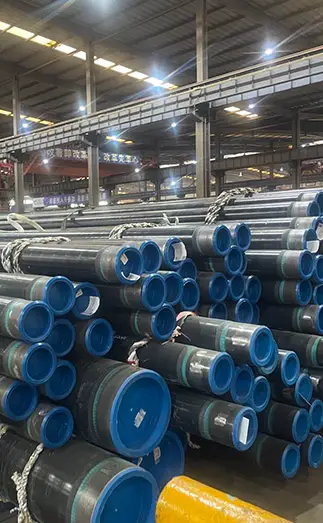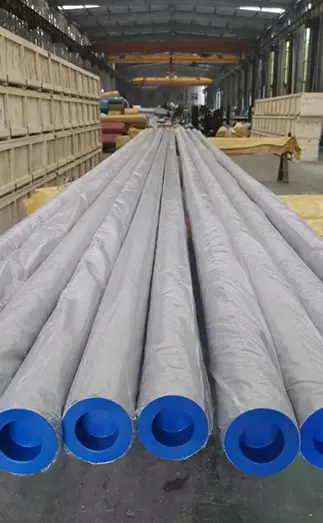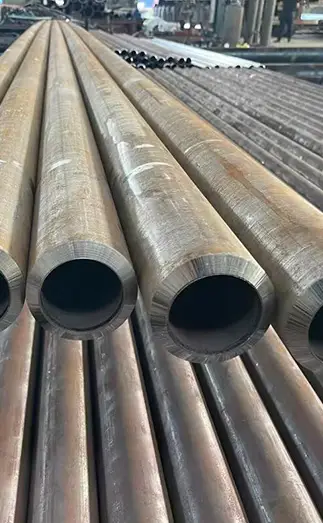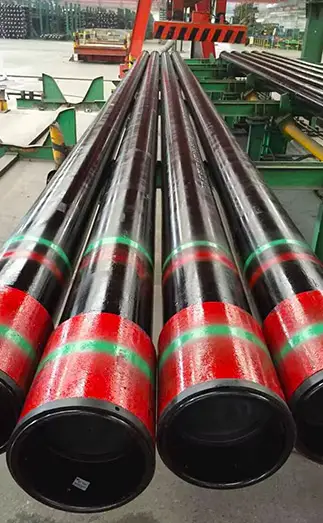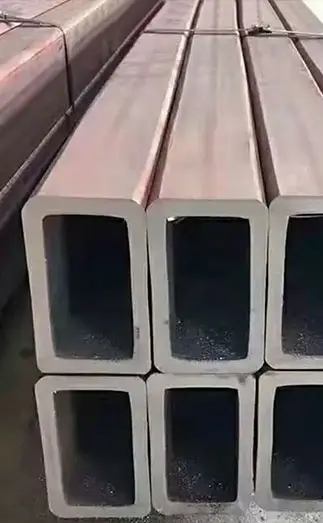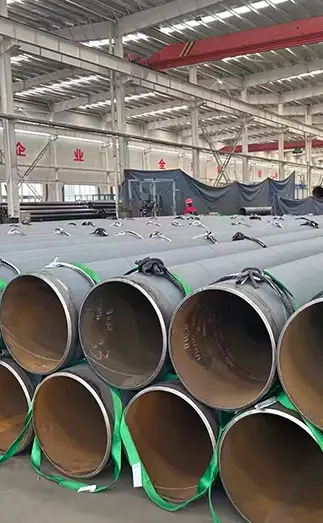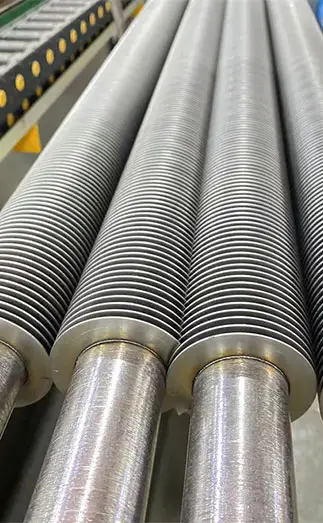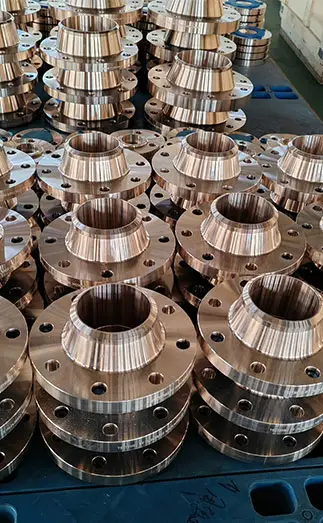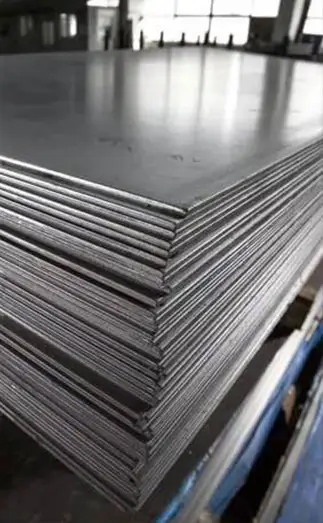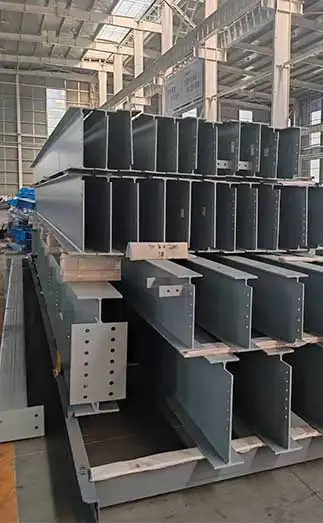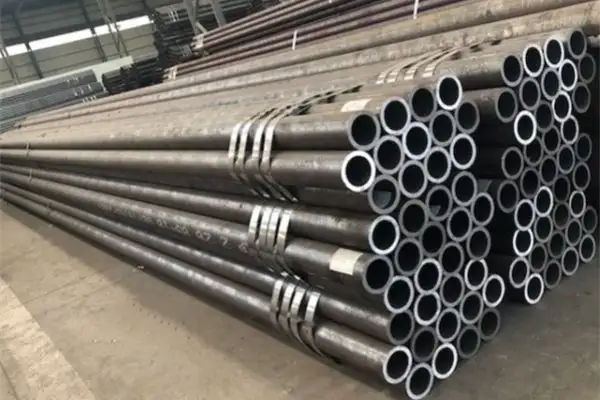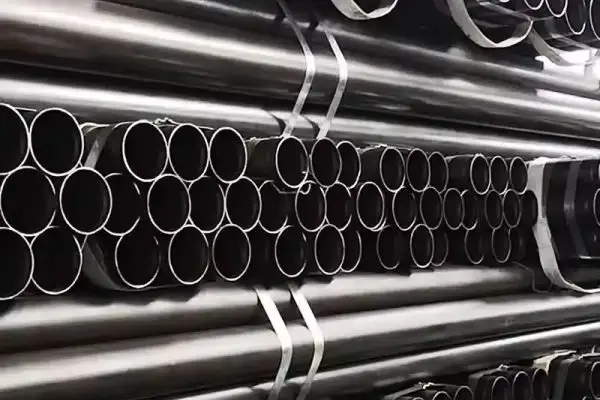Alloy steel plates are widely used in industries that demand high strength, durability, and resistance to extreme temperatures or corrosion. Whether it’s for construction, pressure vessels, or heavy equipment manufacturing, choosing the right alloy steel plate grade is essential to ensuring long-term performance and safety. This guide provides an overview of commonly used alloy steel plate grades, their properties, and typical applications to help you make an informed selection.
Super Steel Manufacturing Co.,Ltd is professional alloy steel plates manufacturer, for more details, please contact:sales@super-steels.com
Common Alloy Steel Plate Grades
1. A514 / T-1 Plate
Type: Quenched and tempered alloy steel
Strength: High yield strength (up to 100 ksi)
Applications: Structural components in cranes, bridges, and heavy machinery
Features: Excellent strength-to-weight ratio, good formability
2. A387 Grade 11 / Grade 22
Type: Chrome-Molybdenum alloy steel plate
Strength: Moderate to high
Applications: Pressure vessels, boilers, and heat exchangers
Features: High-temperature resistance, corrosion resistance in oxidizing environments
3. A572 Grade 50
Type: High-strength low-alloy (HSLA) steel
Strength: Yield strength of 50 ksi
Applications: Construction, bridges, and transportation equipment
Features: Good weldability, improved atmospheric corrosion resistance
4. SA 387 / ASTM A387
Type: Alloy pressure vessel plate
Strength: Suitable for elevated temperatures
Applications: Petrochemical and oil & gas industries
Features: Good creep resistance and oxidation resistance
5. EN 10028-2 P265GH / P355GH
Type: Alloy pressure vessel steels (European standard)
Applications: Boilers and pressure vessels operating under high temperature
Features: Excellent toughness and thermal stability
Factors to Consider When Choosing a Grade
Service Temperature: High temperatures require molybdenum or chromium-enhanced alloys.
Load Requirements: High-stress applications benefit from quenched and tempered grades like A514.
Weldability: Some alloy steels require preheating or post-weld heat treatment.
Corrosion Environment: Nickel and chromium can improve resistance to corrosion.
Code Compliance: For boilers and pressure vessels, compliance with ASME or ASTM standards is often mandatory.
Applications of Alloy Steel Plates
Alloy steel plates are used across a wide range of industries, including:
Oil & gas: Pressure vessels, storage tanks, pipeline components
Construction: Bridges, buildings, and support structures
Power generation: Boiler tubes, turbine parts
Mining and heavy machinery: Structural supports, wear-resistant surfaces
Automotive and aerospace: Structural panels, chassis components
Conclusion
Understanding the properties and applications of various alloy steel plate grades is crucial for selecting the right material for your project. Whether you're dealing with high pressure, extreme heat, or demanding structural requirements, there's an alloy steel plate designed to meet your needs. Always consult material standards and collaborate with reliable steel suppliers to ensure the right fit for your application.



 English
English Español
Español Français
Français بالعربية
بالعربية